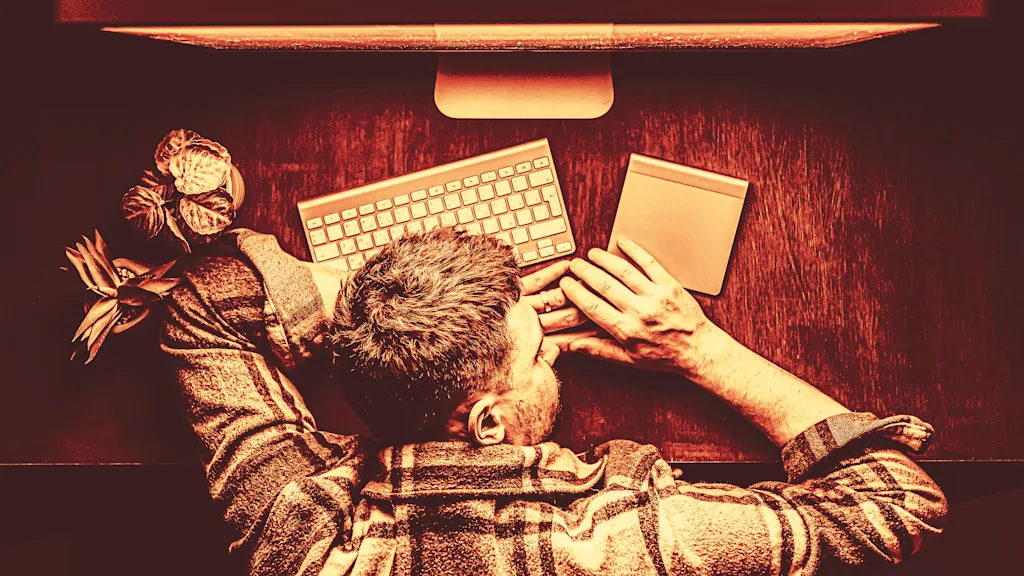
"You've carried the weight of big decisions, the pressure to perform, to lead and deliver, all despite what's happening behind the scenes. You've navigated through uncertainty and change, providing the space for everyone else to thrive. It's a feeling that the most capable leaders feel. It's not quite burnout, but a kind of dullness. A slow drain. A fog that creeps in quietly and makes it harder to stay clear, connected, and grounded."
"According to the World Health Organization, workplace stress and burnout now account for a significant portion of global absenteeism and reduced productivity, and the numbers continue to rise. I'm seeing a common thread when I work with leaders across industries, whether that be law enforcement or wellness retreats. People aren't running out of time, but they're running out of energy. When energy drops, so does everything else-performance, presence, and purpose."
Leaders carry heavy decisions and constant pressure while managing uncertainty and change, producing a dull, slow drain that reduces clarity, connection, and groundedness. Workplace stress and burnout significantly drive global absenteeism and reduced productivity, with numbers rising per WHO. Many people are not running out of time but are running out of energy; when energy falls, performance, presence, and purpose decline. Energy, rather than time, enables clear thinking in complexity, connection under pressure, and confident decisions without fatigue. Low energy sustains survival instead of thriving, so leadership must prioritize sustaining people's energy. A four-domain framework assesses physical, mental, emotional, and social energy to build awareness and habits; the framework is named Human Energy Intelligence.
Read at Fast Company
Unable to calculate read time
Collection
[
|
...
]